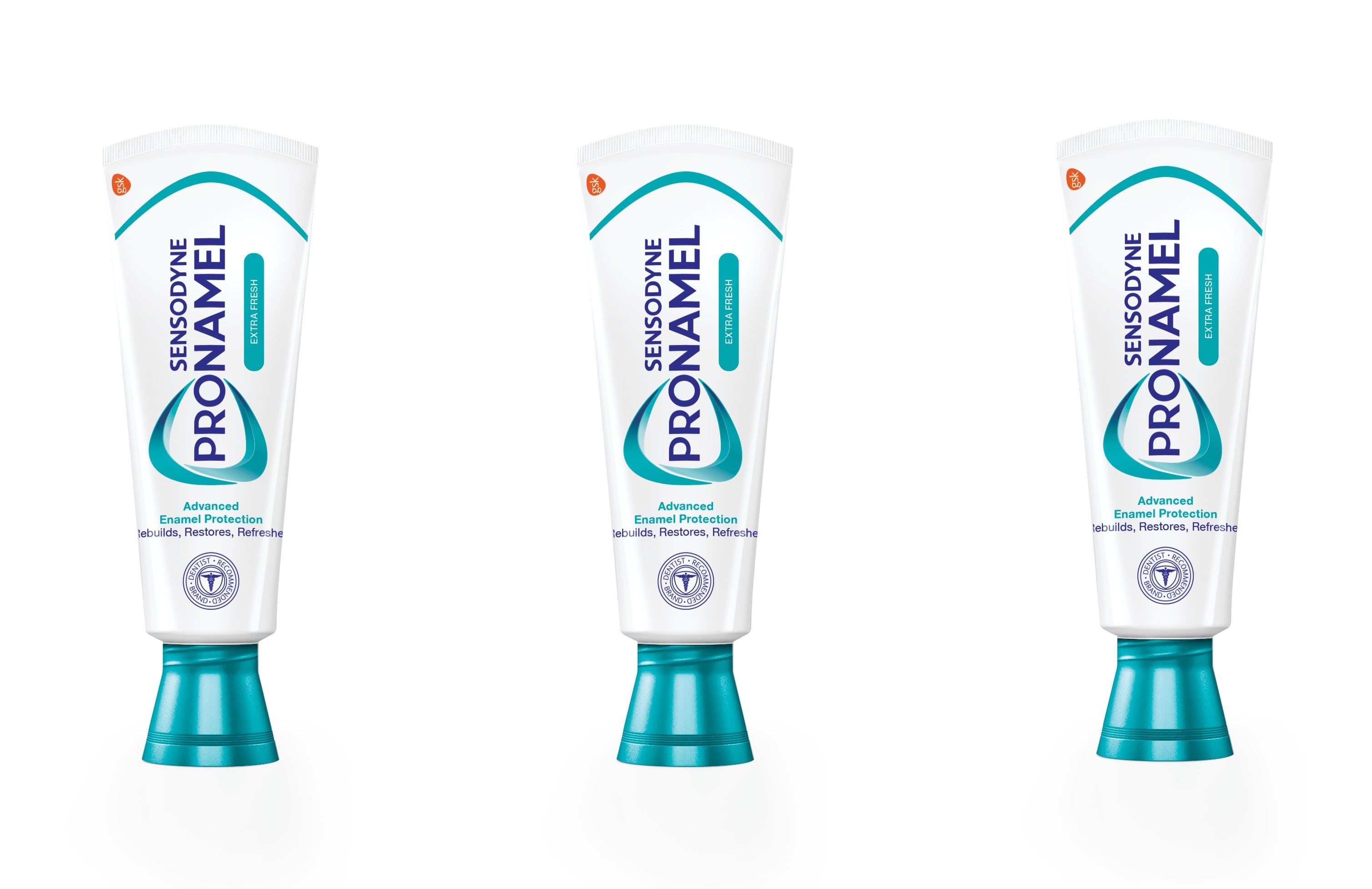The public statement said that without Extended Producer Responsibility (EPR) – where supply chain members were mandated to take on certain costs and joint responsibility – packaging collection and recycling was “unlikely to be meaningfully scaled” in the future.
EPR schemes ‘challenging to set up’ but could be a ‘game-changer’ if successful
Among the 100+ signatories, including a raft of food and beverage players like Coca-Cola and Nestlé, non-profit WWF and the European Investment Bank, several leading beauty players had aligned their support, including Beiersdorf, Henkel, L’Oréal, Schwarz Group and Unilever, among others.
“For a circular economy, packaging that can’t be eliminated or reused must be collected, sorted and recycled or composted after use. But currently, the economics do not stack up: collection, sorting and recycling or processing packaging costs more than the revenues made from selling the recycled materials. We need dedicated, ongoing and sufficient funding to make the economics of recycling work,” the Ellen MacArthur Foundation said.
The industry-signed statement, therefore, outlined why mandatory, fee-based EPR schemes were “the only proven and likely way to provide this funding”.
Maarten Dubois, project lead on Circular Economy at the Organisation for Economic Co-operation and Development (OECD), said: “Setting up Extended Producer Responsibility schemes creates new markets for recycling. It is challenging to set up but, if successful, it is a game-changer in the global transition towards a circular economy.”
Big beauty and others sending a ‘strong signal’ on desire to create change
The Ellen MacArthur Foundation said that whilst final thinking on how to best implement EPR in packaging across different global geographies remained undefined, the signatories were “sending a strong signal” they were willing to step up and be part of change.
“As a group of businesses and stakeholders that are drawn from across the packaging value chain, we are calling for the implementation of Extended Producer Responsibility (EPR) schemes for packaging. We recognise that EPR is a necessary part of the solution to create the circular economy for packaging we are aiming for,” the statement read.
The goal was that all stakeholders involved in introducing packaging onto the market contributed to funding dedicated to its collection and processing after use – funds that ensured a “dedicated, ongoing and sufficient” process in years to come.
“Without such policies, packaging collection and recycling is unlikely to be meaningfully scaled and tens of millions of tonnes of packaging will continue to end up in the environment every year,” the statement said.
“…Furthermore, EPR schemes are more than a funding mechanism and can bring many additional benefits, such as enhancing the efficiency and transparency of the system, and incentivising upstream packaging solutions (…) We are committed to constructively working with other stakeholders to make EPR work in different geographies around the world, because we recognise it is a necessary part of the solution to packaging waste and pollution,” the signatories said.
Kristin Hughes, director of the Global Plastic Action Partnership and member of the executive committee of the World Economic Forum, agreed: “Extended Producer Responsibility schemes are a vital part of any nation’s path towards achieving a circular plastics economy.”
TerraCycle and Unilever – the 'reuse movement' in beauty also key
Tom Szaky, CEO of TerraCycle, previously told CosmeticsDesign-Europe during our Circular beauty - Sustainable sourcing | Green chemistry | Eco-design (available to watch on-demand) webinar that the reuse movement was another important way of pushing forward towards a circular economy in packaging.
Unilever very recently extended its refill and reuse trials in the UK, in partnership with Beauty Kitchen - a firm nod to its strategy towards halving its use of virgin plastics by 2025.




